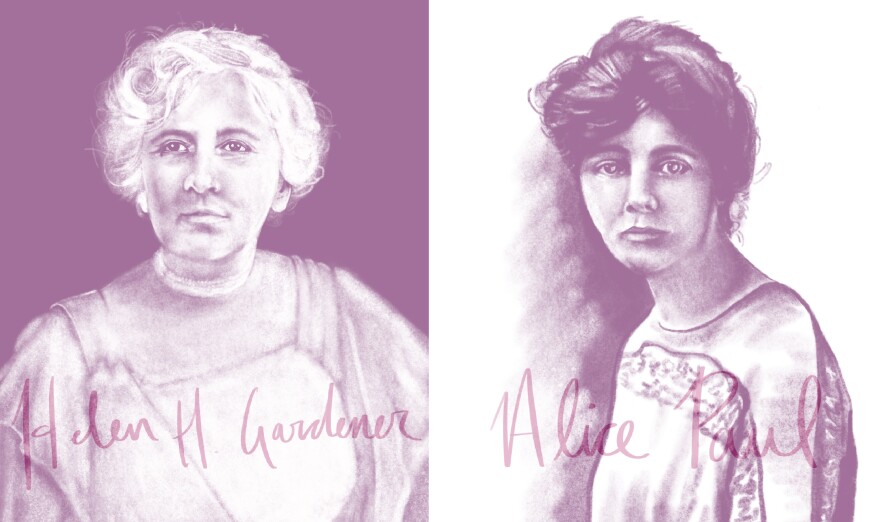Phoebe King Ensminger Burn. That name probably doesn’t sound familiar to you. But on Aug. 18, 1920, Miss Febb, as she was known, might have become the most famous mother, at least in suffrage history.
You see, Febb Burn was the mother of Tennessee state Rep. Harry Burn, the 24-year-old man who changed his vote to support ratification of the suffrage amendment after he received a telegram from his mother imploring him to “be a good boy and help Mrs. Catt put the ‘rat’ in ratification.”
Harry Burn had originally wanted to vote for ratification but received pressure from party officials and constituents to vote against. Then he wanted it tabled. Really, he didn’t want the decision to fall on him. And who could blame him? Placing the entire question of women’s suffrage in the hands of a single person, let alone the youngest representative in Tennessee history, seems like a precarious business all the way around. And it was. But this is what it looks like when citizenship rights are denied.
All parties knew that Tennessee was going to be a decisive vote for the amendment because it would be the 36th and final state necessary for ratification. In the Tennessee state legislature, the vote was close, and the young and impressionable Burn wanted to do a good job representing his party and his constituents. After a lot of debate and several members changing or abstaining their votes, the state legislature stood locked, 48-48. Burn voted to table the amendment twice, but the House speaker called for a vote.
In the end it was Burn’s most important constituent, his mother, who helped make his decision. He switched his vote and voted in favor. The next day, Burn defended his change of vote, stating “I know that a mother’s advice is always safest for her boy to follow and my mother wanted me to vote for ratification.”
This story is both true, in that it happened, and false, in that it wasn’t so simple. That such an amendment, resting on the foundation of generations of women’s organizing, striving, writing, petitioning, picketing, bleeding, and dying—that it could ever be boiled down to a single vote is ludicrous. Focusing on one vote, cast by one person, erases all of the work, all of the complicated politicking, all of the personalities, all of the clashing of ideas that had taken place before Aug. 18, 1920. That single vote did not take place in a vacuum. And Harry Burn, while we like to think that he was just listening to his mother, was actually listening to the voice of a long-time suffragist who just happened to be his mother.
On this episode of Hindsight, we will explore the years leading up to this momentous vote, and the decades after. We will examine what it took to get the suffrage amendment through Congress and out into the states for ratification. But we will also discover what suffragists did after the amendment passed—because while they all understood that the vote was a tool to effect change, not all of them had the same vision for what that change should or could be.




